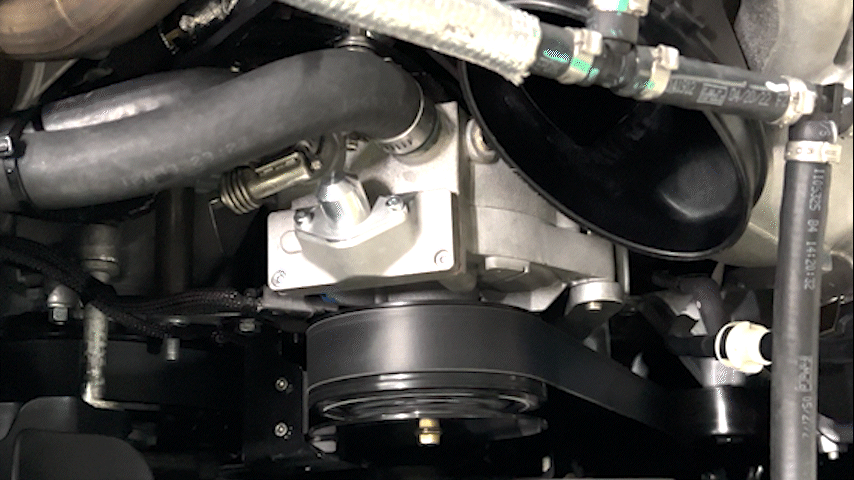

The LHG for LIGHT & MEDIUM DUTY TRUCKS
Getting Technical - cuz' we're not making this stuff up.
Did You Know?
Running cold causes carbon & soot buildup in your engine, turbo & exhaust system.
"If a diesel engine continually operates at cold temperatures, it can result in the formation of sludge in the crankcase....operating in cold temperatures without proper temperature regulation can also lead to carbon buildup." https://industrial-radiator.com/diesel-engine-equipment-in-cold-operating-temperatures
"...operation, such as excessive idling, short run time, light work and city type driving, all contribute to deposit formation.... All these operating conditions do not allow efficient combustion [and] contribute to deposit build up." https://costeffective.com.au/2017/03/05/cat-cummins-mack-detroit-oil-soot-carbon-and-blowby-issues
"Common causes for a clogged or blocked DPF filter include excessive idling, short trips with the engine not reaching operating temperature..." The Ultimate Guide to DPF Filter Cleaning and Engine Carbon Cleaning - News | NoveNews
Running cold could rob your engine of 10% of its horsepower in 10,000 miles.
"Carbon buildup is a bigger problem in diesel engines than it is with gasoline engines.... Studies have been done ... taking newer vehicles ... At 15,000 miles, [they] had 324 "all-wheel horsepower" ... [after 10,000 miles] the horsepower was all the way down to just 305. That's a drop of almost ten percent in ... 10,000 miles." Carbon buildup in diesel engines (bellperformance.com)
Running cold results in incomplete combustion (lower fuel-economy) & more frequent regen.
"Diesel engines are designed to operate within a specific temperature range to ensure optimal performance and longevity.... This range allows for efficient combustion, proper lubrication, and minimal wear on engine components." How Cold Is Too Cold For A Diesel Engine? | Fuel Factor X (fuel-factor.net)
The LHG keeps your engine from running cold.

If you want to see a graph of actual driving data,
Scroll down.
The graph below shows real-world data comparing a diesel pickup driving in cold conditions with the LHG and without the LHG.
The LHG will continually monitor the coolant temperature, ambient temperature, and load conditions, automatically turning on and off to maintain your engine's proper operating temperature.


If you want to check out our LHG PDF library,
scroll down.
LHG info. PDFs for you to download.
<- Why would Iwant an LHG?
What LHG Users
are Saying. ->
<- The LHG and
your Warranty.
LHG Q&A ->
<- LHG basics
The top 9:
LHG or FFH ->
Cold? Just
wear a Coat!
->
Plus, you can read the LHG installation manuals by visiting the support tab at the top of the page.
"Wait... Will this thing void my warranty!?"
NOPE!
See "The LHG and Your Warranty" PDF above.

One more important fact you already know...
Your truck was a large investment...
Tens of thousands of dollars - for some, over six figures!
You know that diesel trucks are tough, and you have seen that driving under cold conditions can increase regen, decrease fuel economy, and cause expensive damage.
And when something does go wrong, costs start in the hundreds just for the diagnosis and can quickly become thousands!


Because the Ventech LHG protects your diesel engine, engine components like the turbocharger, and your intricate after-treatment system from the damage caused by running your engine cold, it also protects the substantial investment you have made in your truck and reduces the chance you'll need expensive repairs.
For dealer/upfitter enquiries
or email us: sales@ventechlhg.com








